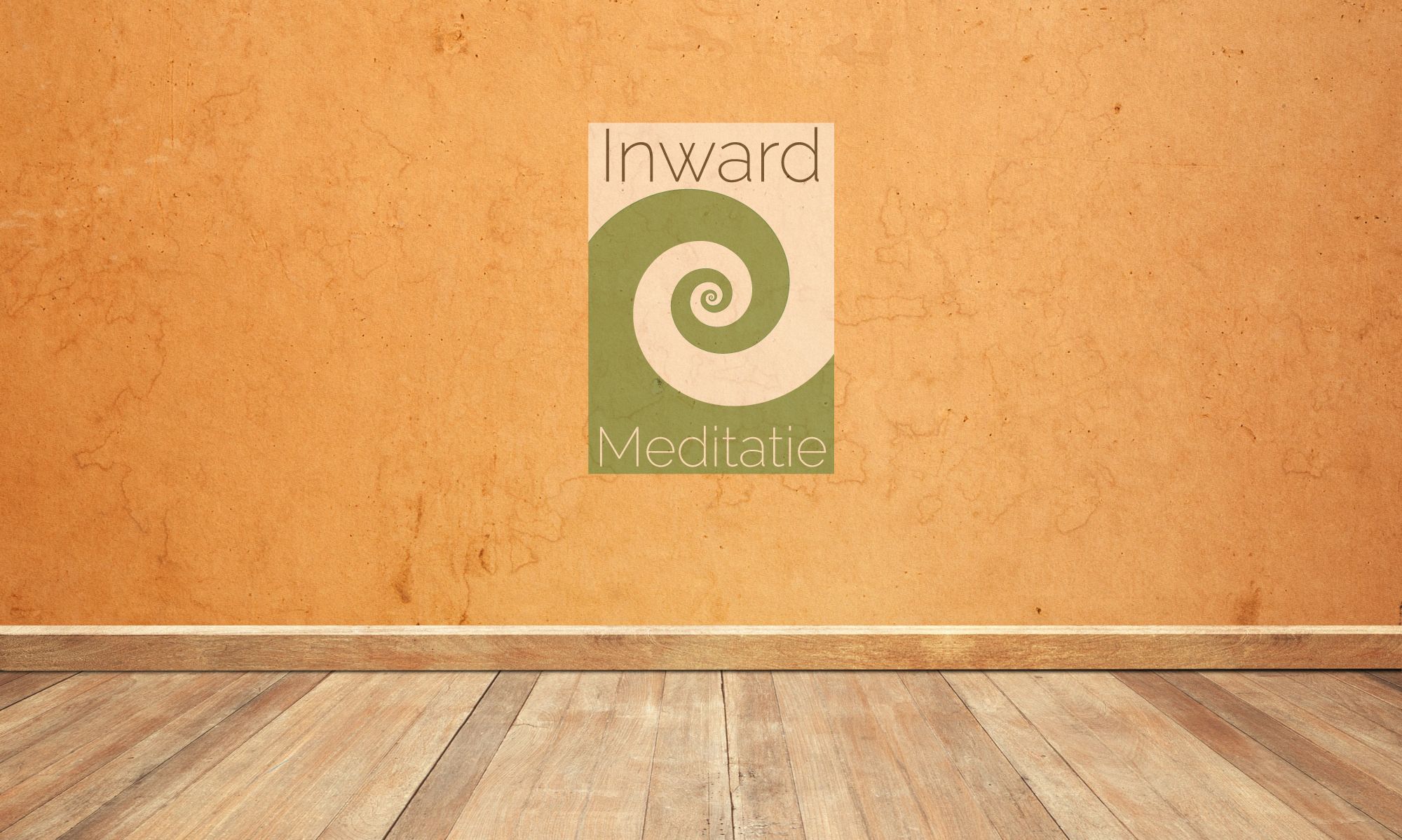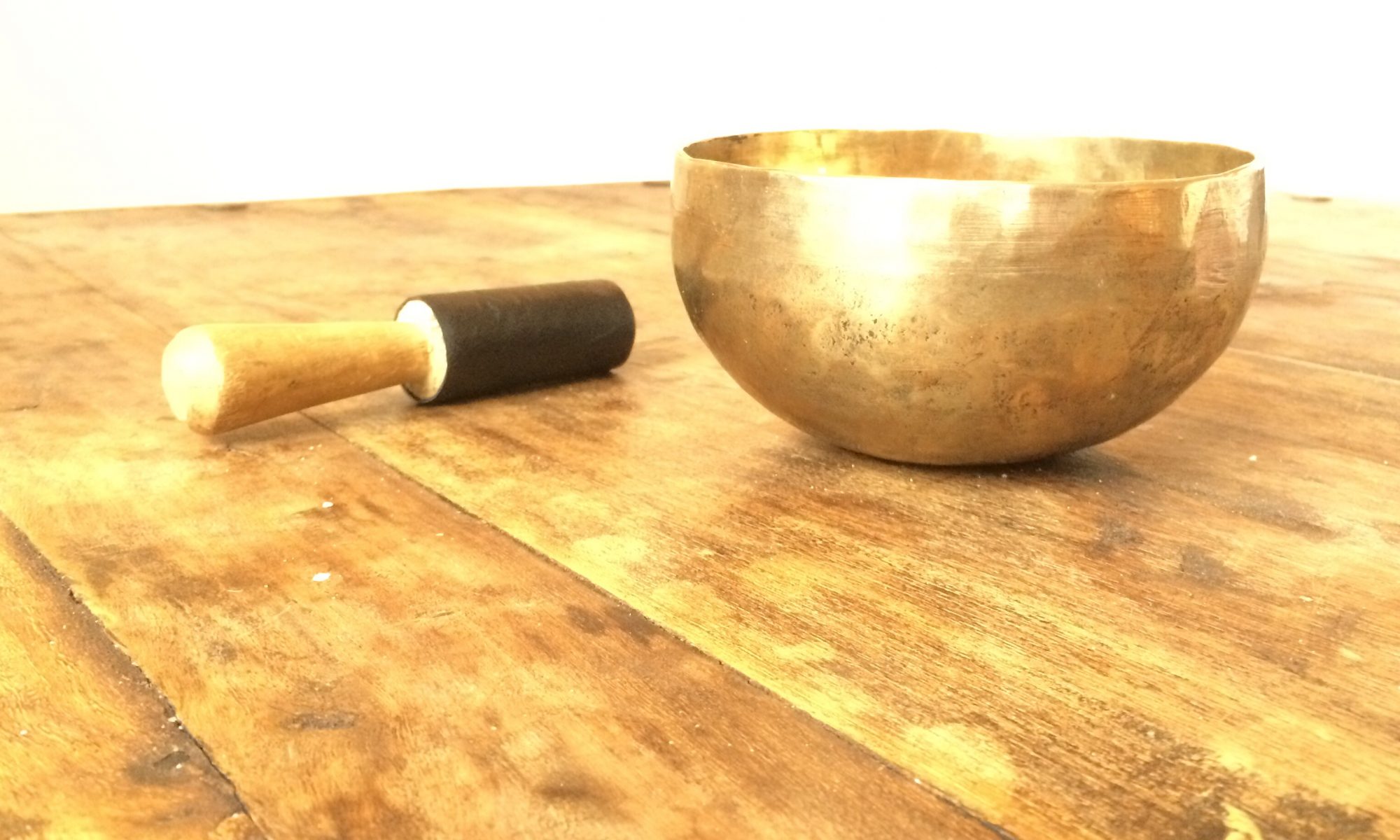(This is part 2 of a four-part series on experiencing happiness and freedom in your day-to-day life. Part 1 can be found here.)
Yes, mindfulness. Far from being one of the things that you need to be doing in order to be happy or free, mindfulness is actually a very potent way to gain observational data on what your mind is doing from moment to moment.
Consider the case of a wine connaisseur. Whereas most wine-drinkers are content merely enjoying the taste of wine, the true savant concerns himself with finding out exactly what constitutes the specific olfactory (nose) and gustatory (tongue) sensations he experiences when sampling a mouthful of wine. Depending on his level of skill, he will be able from these categorizations to deduce the wine’s provenance, both in time and space. He can gauge whether the wine is well made or not, and in what price category it should reside.
Whether or not he enjoys the taste of the wine is – if not irrelevant – wholly secondary to his observational skills. Indeed, it is fair to say that a sizable portion of his enjoyment comes from exercising his connoisseurial muscles.
Mindfulness works in much the same way. Instead of wine, the object of mindfulness is the entirety of your experience, both mental and physical. It is knowing what is going on with you, at any specific moment. When hearing a sound, know that you are hearing. When a thought occurs to you, know that thinking is going on. And the same with judgements, sights, smells, tastes, the whole realm of bodily sensations, memories, plans, likes, dislikes, emotions, desires and aversions.
For the sake of maximizing your happiness, pay special attention to the affective dimension. How does something make you feel? When a thought or a judgement is present, what is the affective sensation that co-occurs? Some thoughts or judgements have the power to make you angry, or sad, or happy. Psychologists generally call this “emotional valence”. You will likely discover that how you deal with this emotional valence holds the key to your ongoing experience of happiness or freedom.
With intimate knowledge of something comes a certain measure of control. If you notice that certain experiences make you less happy – you can simply decide to not let it impinge upon your happiness. Much the same as when the wine connaisseur decides that a wine is not well-crafted and thus does not deserve his time and attention. Note that he does not get angry or disgusted, but rather that whereas he might judge this particular wine to be below par, he does enjoy the process of discovery that has led him to this observation.
So, far from having to practice mindfulness in order to be happy, mindfulness can help you see with razor-sharp precision where your reactions to the experiences of your life create unhappiness. Mindfulness is not a magic cure for unhappiness, stress or other negative mind states, but rather a swiss army knife collection of tools that foster insight into the inner workings of your mind.
As such, its practice stands apart in humanity’s suite of investigative instruments, and is highly recommended. Just don’t fall into the trap of thinking that you should practice mindfulness – or meditate – in order to be happy or free.
On to Part 3: Practice love using heart-opening practices, such as metta meditation

